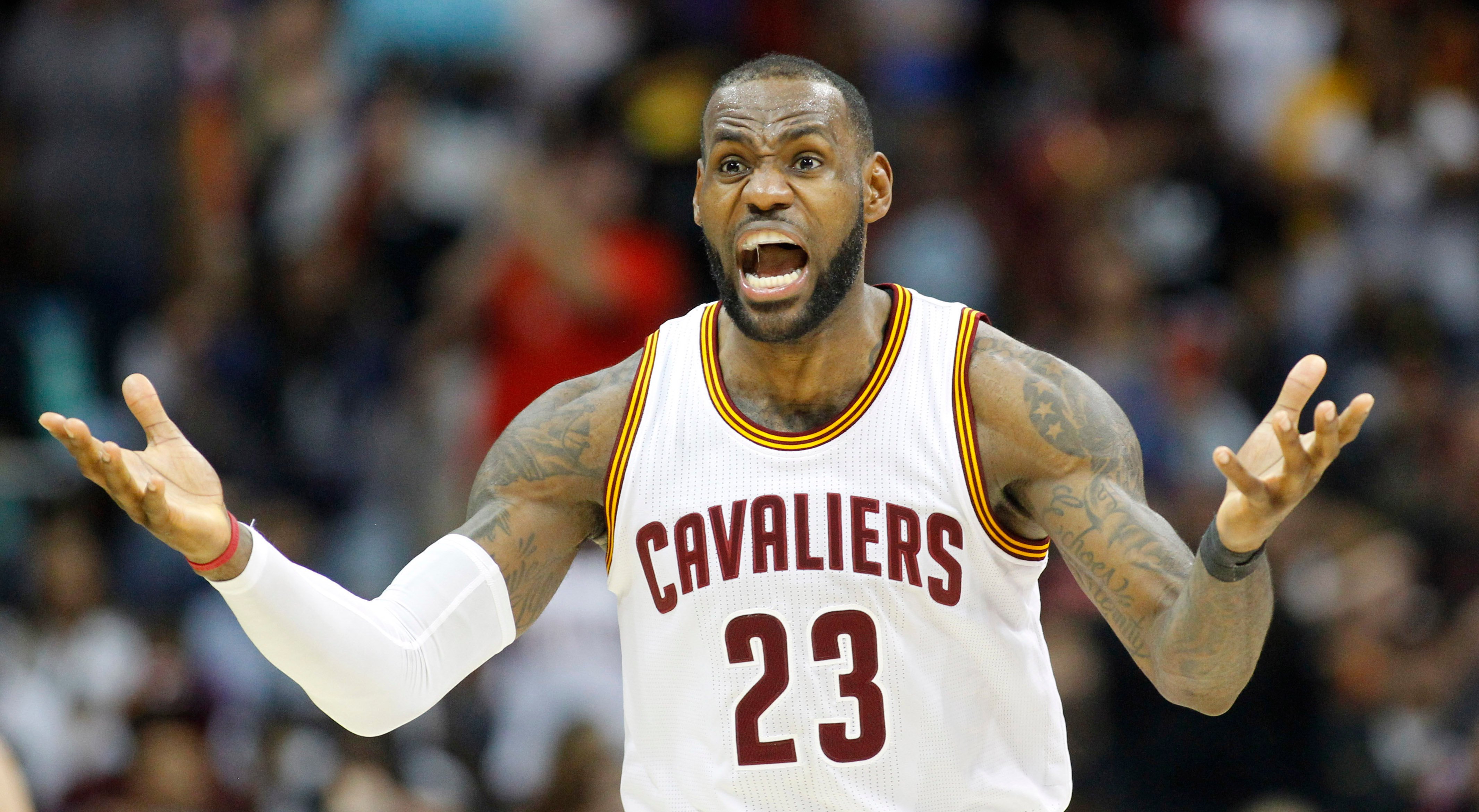Players’ Unions Demand Seat at Sports Betting Table, Further Expands Regulatory Complexities
Posted on: April 13, 2018, 03:00h.
Last updated on: April 14, 2018, 07:16h.
The players’ unions representing the NFL, MLB, NBA, and NHL said in a joint statement this week that its members should have a voice in determining the future of sports betting laws should a change come to the current federal ban.

“Given the pending Supreme Court decision regarding the Professional and Amateur Sports Protection Act (PASPA), representatives of (the players’ unions) have been working together on the legal, commercial, practical, and human consequences of allowing sports betting to become mainstream,” the release declared. “Betting on sports may become widely legal, but we cannot allow those who have lobbied the hardest … to be the only ones controlling how it would be ushered into our businesses.”
“The athletes must also have a seat at the table to ensure that players’ rights and the integrity of our games are protected,” the players associations concluded.
The NCAA, along with the Big Four aforementioned leagues, sued New Jersey after Governor Chris Christie signed a 2012 law that first authorized Atlantic City casinos and state horse racetracks to operate sportsbooks, and was later amended to repeal PASPA regulations. The Supreme Court heard arguments in December, and is expected to issue an opinion before its June recess.
Regulatory Nightmare
When PASPA was enacted in 1992, it provided immunity to Nevada, Delaware, Montana, and Oregon, as those four states had either legalized sports betting or sports lottery laws at the time. Now more than a quarter of a century later, sports leagues and players want more skin in the game should widespread sports gambling be authorized.
The NBA, MLB, and PGA Tour have suggested they receive a one percent “integrity fee,” money taken directly off the gross handle a sportsbook takes and earmarked to cover added expenses they’ll incur due to elevated monitoring services.
Casinos say such a fee would destroy their bottom lines. The February Super Bowl is a perfect example that those fears are warranted.
Nevada sportsbooks took in $158.58 million in bets on the big game, but kept just $1.17 million on the Philadelphia Eagles’ upset of the New England Patriots. Paying the NFL a one percent integrity fee on the gross wagers, or $1.58 million, would have pushed their result to a $415,000 loss.
The statement from the players’ unions seems to suggest the athletes also want a cut. “The time has come to address not just who profits from sports gambling, but also the costs,” the joint statement read.
That might mean players will look for a percentage of wagers placed on themselves individually. Sportsbooks can offer athlete-specific odds such as, “How many points will LeBron James have in the first quarter?”
Repeal Odds
Following the December hearing, the general consensus among legal and gaming experts in the courtroom was that a majority of justices seemed to be on New Jersey’s side. Attorneys representing the Garden State argue PASPA violates the Constitution on anti-commandeering interpretations of the Tenth Amendment.
But the longer SCOTUS drags its feet in issuing an opinion, the more repeal proponents worry. On PredictIt, the market asking “Will Supreme Court rule against federal sports betting ban?” is trading “Yes” shares at just 61 cents. That’s down from 89 cents at the end of March.
No comments yet